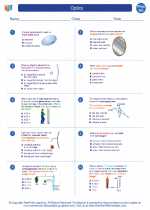Prolactin
Prolactin is a hormone produced by the pituitary gland, which is located at the base of the brain. It plays a key role in the female reproductive system and is also present in males, albeit at lower levels. Prolactin is best known for its role in stimulating milk production in the mammary glands of women after childbirth, but it also has other functions in the body.
Functions of Prolactin
Prolactin has several important functions in the body:
- Stimulating milk production in the mammary glands
- Regulating the immune system
- Contributing to the regulation of the reproductive system
- Supporting behavior and immune function during pregnancy
Regulation of Prolactin Levels
Prolactin levels are primarily regulated by the hormone dopamine, which inhibits its release. When dopamine levels decrease, such as during pregnancy or breastfeeding, prolactin levels rise, leading to increased milk production. Stress, certain medications, and nipple stimulation can also affect prolactin levels.
Study Guide
Here are some key points to keep in mind when studying prolactin:
- Understand the role of prolactin in stimulating milk production in the mammary glands.
- Learn about the regulation of prolactin levels, including the role of dopamine and factors that can affect its release.
- Explore the various functions of prolactin in the body, including its impact on the reproductive system and immune function.
- Consider the implications of abnormal prolactin levels, such as in the context of fertility and lactation disorders.



